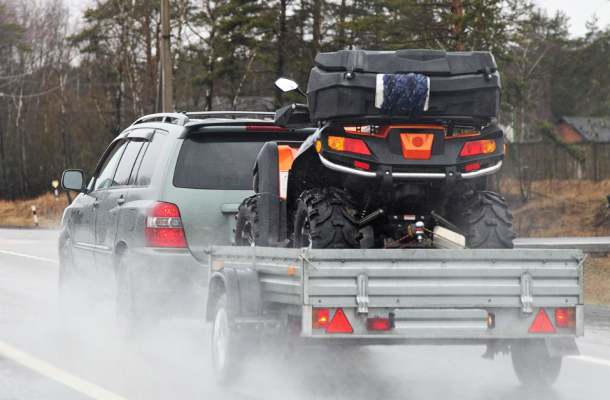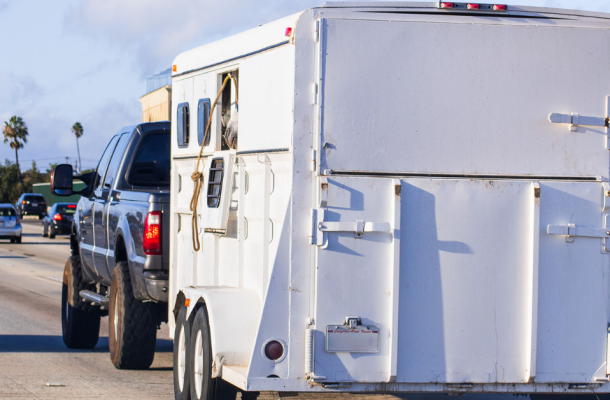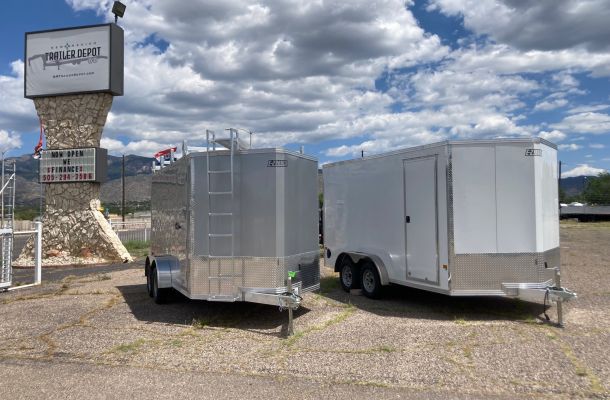
How to Maintain and Service Your Utility Trailer
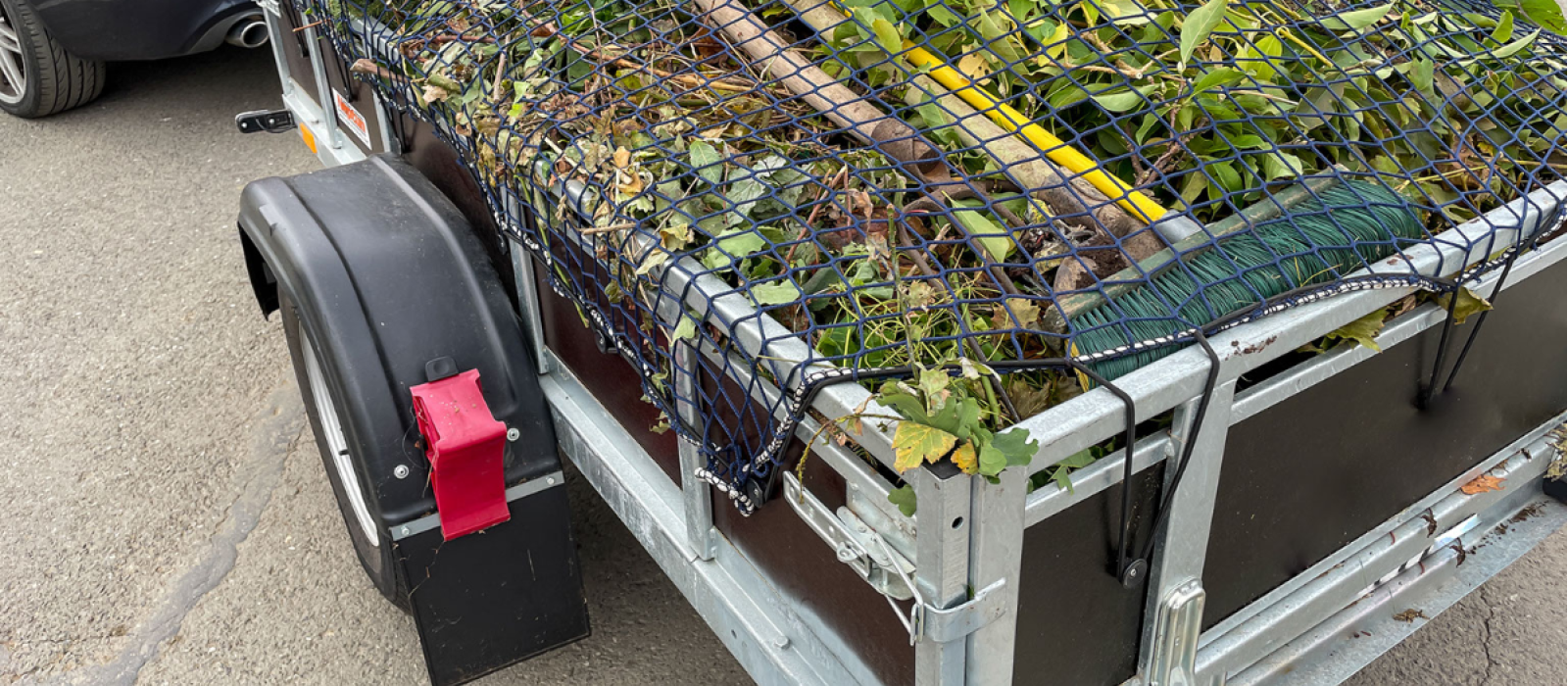

Finding utility trailers in Albuquerque is only the first part of the process. Once you buy your ideal trailer, you’ll want to maintain and service it regularly to keep it working for years to come.
First-time utility trailer owners must understand the importance of regular maintenance as a key factor in its longevity and safe operation.
Utility trailers are versatile and invaluable tools for hauling equipment, household items, livestock, and recreational vehicles. You can use them for business or personal purposes.
Giving it proper care and attention protects your investment. In this blog, we’ll answer the following questions about maintenance and service:
- How often should you service our utility trailer?
- What are the essential maintenance tasks?
- How do you maintain the trailer’s suspension system?
- What are some tips for trailer storage and protection?
- How do you handle trailer wiring and electrical maintenance?
- When should you seek professional assistance?
How often should you service our utility trailer?
Just like your vehicle, utility trailers need proper maintenance to ensure they’re safe and secure on the roadways.
One of the best resources for knowing how often to service your utility trailer is the owner’s manual. Utility trailer manufacturers create detailed guides on everything you need to know about your trailer, including the type and frequency of services it requires.
Most manufacturers advise servicing every 6 months for most components. However, some features may require more frequent attention, including the breakaway functionality, tire pressure, and wheel torque.
Another factor that plays a role in how often your trailer needs service is how often you use it. If it gets a lot of wear and tear, you may want to have it inspected more frequently to ensure everything works as intended.
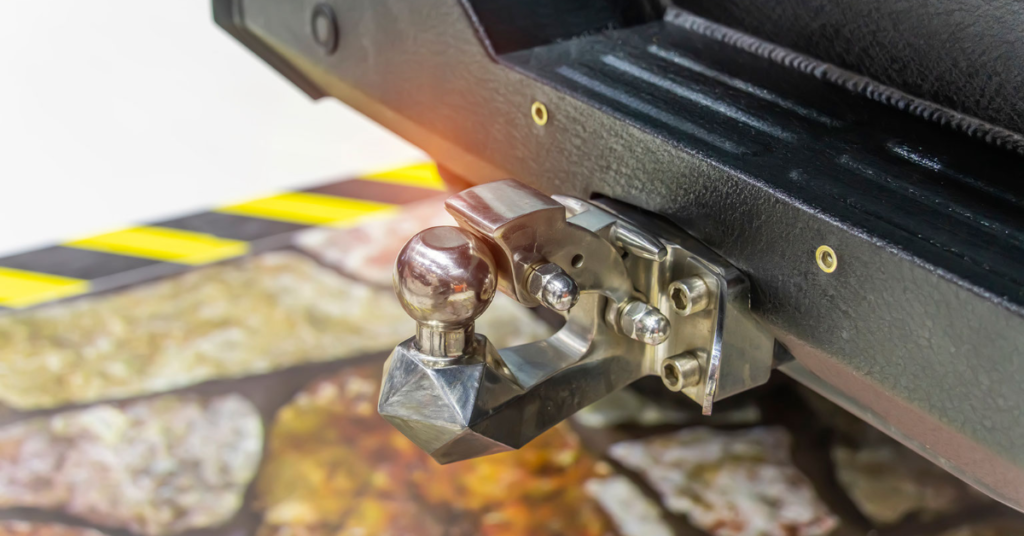
What are the essential maintenance tasks?
Operating manuals include essential maintenance tasks and the schedule for performing them. Some of the services you can expect your utility trailer to need include:
- Regular inspections before and after each use are important for finding problems before they compromise your load on the roadways.
- Pre-season checks. At the start of hauling season or before a significant trip, conduct a more thorough inspection of your trailer. Focus on the condition of brakes, electrical connections, lights, and tires.
- Greasing and lubrication. Grease bearings and other moving parts on the trailer as recommended in your owner’s manual. Typically, this means at least once annually. Proper lubrication reduces friction, prevents wear, and maintains a smooth operation.
- Tire maintenance. It’s crucial to check tire pressure before every trip. Adjust it to the recommended levels when needed. Look for any signs of bulging, cuts, or excessive wear. Replace tires as needed to ensure safe towing.
- Break inspection and adjustment. Inspect your trailer’s braking system regularly. Check brake pads, drums, and rotors for wear and replace them when needed to ensure your utility trailer responds to requests to stop.
- Electrical system inspection. Test your trailer’s lights, turn signals, and brake lights before each trip. Make sure all electrical connections are secure, free of corrosion, and functioning as intended. Replace any faulty bulbs or wiring when necessary.
- Frame and undercarriage checks. Corrosion, rust, and other damage can make your trailer’s frame unstable. Clean it regularly and remove any debris or substances that promote rust formation.
- Trailer hitch inspection. Before each trip, check your coupler, hitch, and safety chains for any damage, rust, or other wear that may cause your trailer to detach from your towing vehicle.
How do you maintain the trailer’s suspension system?
Maintaining the suspension system of your utility trailer ensures a smooth and stable towing experience. Moreover, it plays a vital role in the safety of your trailer by providing stability and control. If your suspension fails, your trailer can bounce, fishtail, or sway on the roadway during hauling.
A properly functioning suspension system also optimizes fuel efficiency by reducing aerodynamic drag and improving overall towing efficiency.
Here are some ways you can keep your utility trailer’s suspension in optimal condition:
- Inspect regularly to find signs of damage to bushings, springs, or hangers. Address any issues immediately.
- Lubricate suspension system parts per the manufacturer’s recommendations. Pay special attention to grease fittings, shackles, and pivot points.
- Adjust springs to ensure proper alignment and tension to maintain proper ride height and weight distribution.
- Monitor load capacity to avoid exceeding the trailer’s maximum capacity. Overloading strains the suspension system, leading to premature wear and reduced performance.
- Maintain axles by lubricating and tightening them according to the owner’s manual. Address any issues promptly to secure the safety of your cargo, yourself, and other motorists on the roadways.
- Check tires for wear and tear and proper inflation levels. Depending on how often you use your trailer, you also may need to rotate your tires to prevent uneven wear.
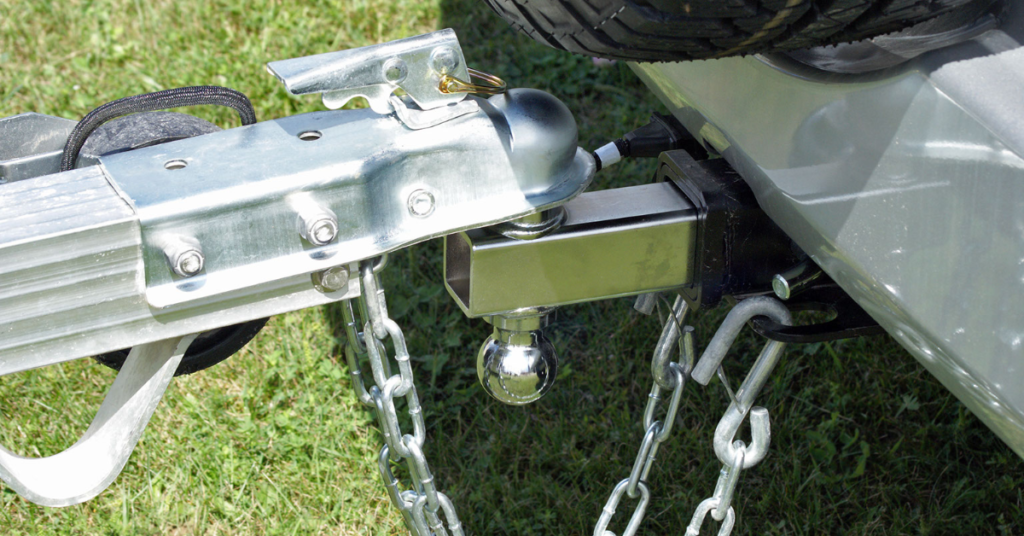
What are some tips for trailer storage and protection?
When your utility trailer isn’t in use, proper storage and protection help maintain its condition and ensure it’s ready for the next time you need it.
Following these steps keeps your trailer safe from thieves and other damage during downtime.
- Clean the trailer. Remove any dirt, debris, or corrosive substances. Pay special attention to the undercarriage, wheel wells, and other hard-to-reach areas where buildup and grime can hide.
- Choose a storage location. Ideally, you want to store your utility trailer in a covered area like a carport, garage, or storage facility. If putting it indoors isn’t possible, consider using a durable trailer cover to protect it from the elements. Keep it in a well-drained area away from trees and direct sunlight.
- Inflate tires to recommended levels. Storing your trailer with the tires properly inflated prevents flat spots and helps them maintain their overall shape. If outdoors, consider covering the tires to shield them from sunlight, which can cause premature aging and cracking.
- Lubricate moving parts. Hinges, latches, jacks, and other moving parts can rust when not in use. Lubricate them to prevent corrosion and ensure smooth operation when you’re ready to take your trailer out of storage.
- Maintain the battery. If your trailer has a battery, disconnect it when not in use. You also can use a battery charger to keep it charged during storage to prevent battery drain and extend the battery’s lifespan.
- Invest in a trailer hitch lock. These locks provide an extra layer of protection against thieves, especially if you plan to store it for long periods.
- Install wheel locks. Locking your wheels in addition to using a trailer hitch provides a second layer of theft protection for your trailer while it’s in storage.
Don’t forget to maintain your trailer’s registration and insurance while it’s in storage to comply with legal requirements and provide coverage in case of unforeseen incidents.
How do you handle trailer wiring and electrical maintenance?
Handling wiring and electrical maintenance for utility trailers in Albuquerque requires attention to detail and following recommended guidelines in your owner’s manual.
Regular inspections are the most important aspect for identifying any signs of damage, loose connections, or wear. You should look for frayed wires and corrosion, which can cause your electrical system to malfunction. Address any issues immediately to ensure the safe operation of your utility trailer.
Some other things you can do include:
- Check lights and signals to ensure they’re in working order before each trip. Replace any faulty bulbs or damaged light fixtures.
- Clean and protect connectors such as the trailer plug and socket using a wire brush or electrical contact cleaner. Apply dielectric grease to protect connectors from corrosion.
- Ensure proper grounding by securely connecting the trailer’s grounding wire to the trailer frame.
- Maintain the battery by regularly checking the condition and charge level. Clean connectors and terminals and replace batteries as needed.
When should you seek professional assistance?
When in doubt about the best way to maintain your trailer, reach out to the professionals. Find a dealer that specializes in utility trailers in Albuquerque and schedule an inspection.
Go over any maintenance you can perform on your own and which tasks are best left to the professionals.
If you uncover any complex issues with your trailer, it’s best to consult a skilled repair technician. They have the expertise and tools needed to diagnose and resolve problems quickly and safely.
